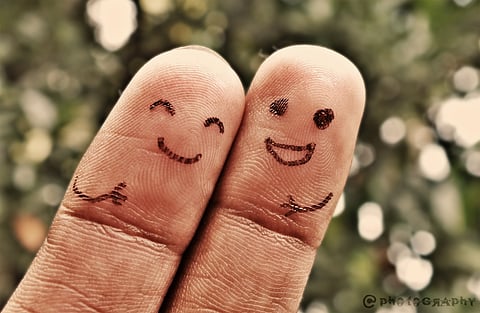

October 17 is National Pay Back a Friend Day, apparently.
It’s alright if you didn’t know this either, because the nation in question here is the USA. The day was created in 2017 by the Bank of America to promote peer-to-peer payment apps. On paper, this seems like just a marketing idea, simple in scope. It could be argued, however (and I shall proceed to do that here), that if a bank has to teach the world the basics of repayment ethics, maybe civilisation as a whole is overdue for a self-audit.
Money among friends has always been a peculiar kind of silence. Between strangers, you can demand it. Between institutions, you can invoice it. But between people you care about, the transaction invariably gets tangled with memory and ego. The amount rarely matters, you may notice.
What hurts is the uncertainty — the part where one starts to wonder if the friendship ever mattered as much as the coffee did. And that line-of-thought is inclined sharply enough to be quite a slippery slope.
Every student knows this terrain. Someone covers the rickshaw fare after class, someone says they’ll “UPI it later,” someone else orders for the group on Swiggy and spends the next three days watching the others’ “Seen” receipts. There are the shared OTT logins, the unpaid subscription splits, the birthday dinner that turned into an accounting exercise. Even when the numbers are small, the discomfort isn’t. The sentence “I’ll pay you back” often carries the same tension as “We need to talk.”
In India, this unease has its own vocabulary, with those who lend relying on generosity as camouflage for avoidance. “Let it be, macha”, “Next time de de.” They’d rather swallow the irritation than risk sounding petty. Yet that tolerance often conceals a quiet erosion of trust. Because when one forgets to pay and the other pretends not to notice, both start performing a fiction. One acts unbothered; the other acts unaware. The debt lingers invisibly as an unspoken imbalance that can outlast the friendship itself.
Instant payment apps were supposed to fix this. Tap, send, done. Instead, they exposed us. We now live in the age of the timestamp! Where every ignored request and every delayed repayment is recorded and remembered. Technology has given us transparency without tact. When you can see that your friend has viewed your reminder and chosen to do nothing, it’s honesty, yes, but it’s stripped stark of empathy.
As a people, we have become better at keeping track, but not necessarily better at keeping faith. There’s something faintly comic, and faintly tragic, about a friendship that can be measured in push notifications.
Money is uncomfortable because it demands precision, while affection thrives in ambiguity. Friendship asks one to never keep score, and debt demands one keep records. The trouble is that both are right. True intimacy needs generosity, but sustained trust needs accountability. The longer you avoid the conversation, the heavier it becomes.
This is as much about the psychology of respect as it is about the economics of small change. When you pay someone back, you’re not closing a ledger; you’re acknowledging a gesture. You’re saying, “I remember what you did for me.” That’s the deeper transaction, the reaffirmation that kindness was noticed and valued.
In that sense, perhaps Pay Back a Friend Day is not such a silly idea after all.
Beneath the corporate gloss, it offers the reminder that clarity is a form of care, and that paying your dues is also about preserving ease. The friend who doesn’t have to remind you is the one who continues to trust you. And for what it’s worth, they’re also the friend least likely to say no when you really need help.
Every culture, in its own way, teaches that interpersonal harmony depends upon settled accounts, emotional or otherwise. Upon mutual respect, and reciprocal consideration. Sometimes we forget to apply this to our peer groups, assuming that affection exempts us from accountability. It doesn’t. Love without honesty decays into politeness, and politeness without follow-through is merely cowardice.
So if you owe someone a coffee, a cab fare, or a streaming subscription share, today might be a good day to clear it. In fact, every day is.
Remember that you’re not really paying for the coffee.
You’re paying for the peace that only honesty buys.
And also the option of borrowing again, of course.
